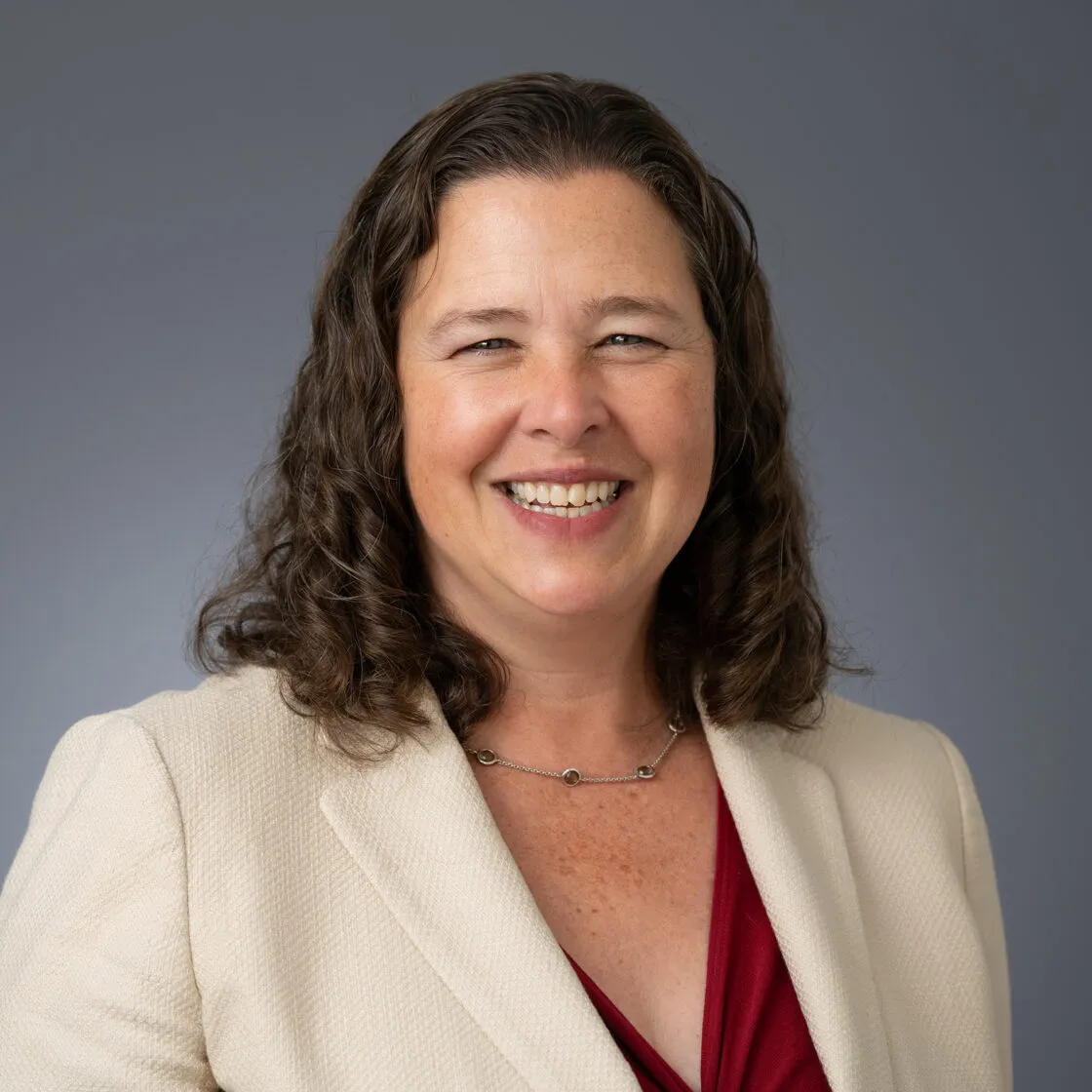Sweep hosted a webinar on California’s landmark climate disclosure laws, SB 253 and SB 261, to help companies understand what’s coming and how to prepare. The discussion featured two leading voices on sustainability and policy: Kate Gordon, CEO of California Forward and former Senior Climate Advisor in both the Newsom administration and the Biden-Harris Department of Energy, and Rachel Delacour, CEO and co-founder of Sweep.
Together, they explored how these laws will reshape corporate reporting in the U.S., what businesses need to do next, and how forward-thinking companies can turn compliance into strategic advantage.
What the laws require and who is in scope
Kate began by distinguishing the two statutes. SB 253 is the emissions reporting bill, requiring disclosure of Scope 1, 2, and eventually 3 emissions for public and private companies doing business in California with more than $1 billion in global revenue. SB 261 is the climate-risk disclosure bill, mandating biennial reporting aligned with TCFD for companies with over $500 million in revenue.






